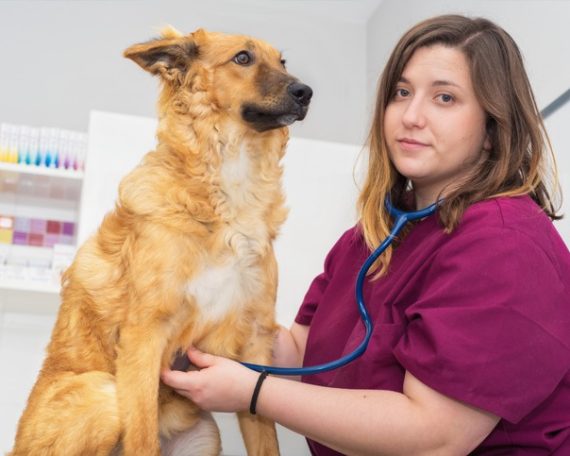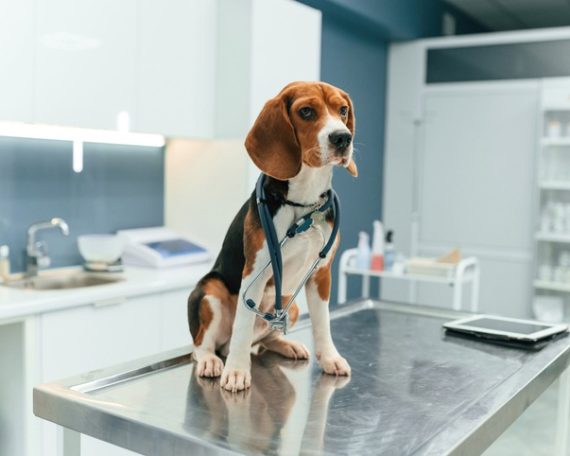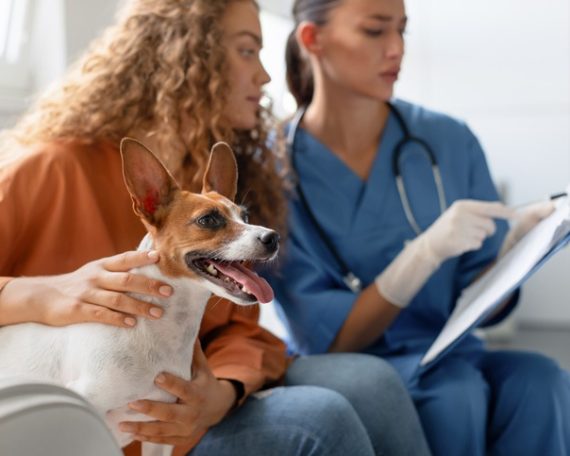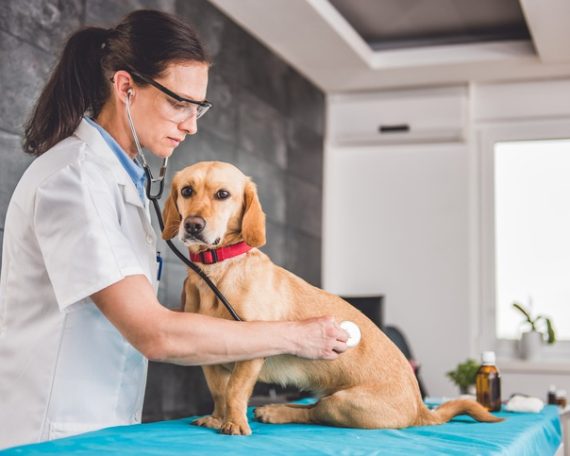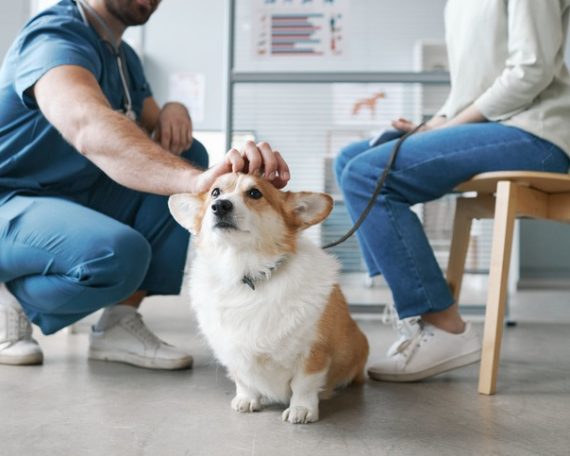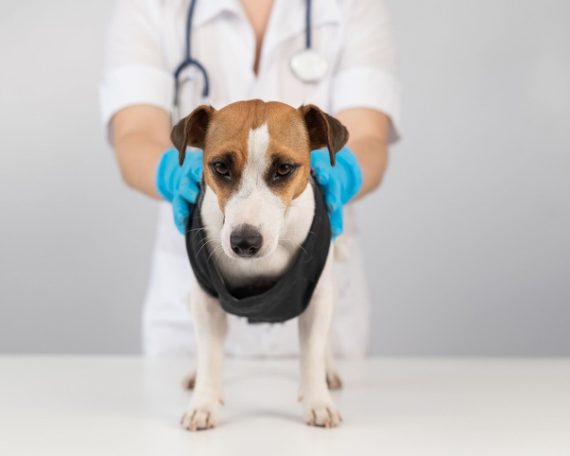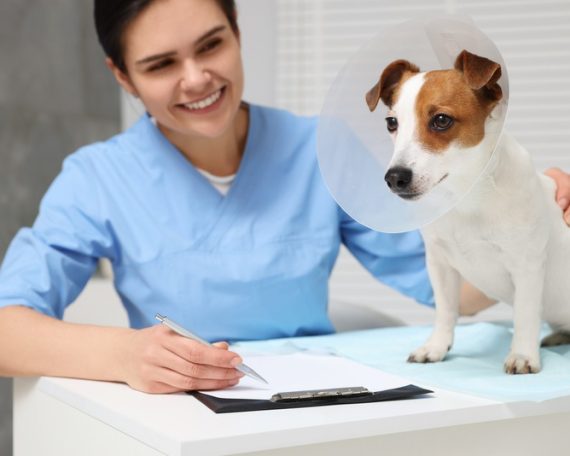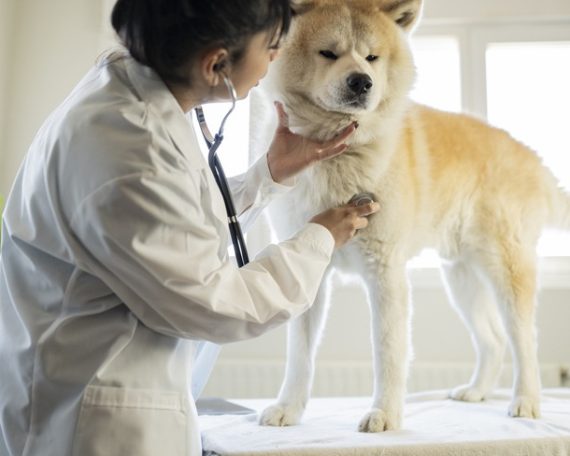What Routine Tests Should Be Included in My Pet’s Annual Check-Up?
We all love our pets and want them to lead long, healthy lives. Part of ensuring their health is scheduling annual check-ups. But do you know what routine tests should be included during these visits? Understanding these tests can help us better prepare and ensure our pets stay in the best possible health.
Essential Tests for Your Pet’s Annual Check-Up
When we take our pets for their annual check-up, several routine tests can help detect any potential health issues early on. Here’s a rundown of essential tests your vet might conduct:
Physical Examination
The physical exam is the most basic and essential part of any check-up. Your vet will:
-
Check your pet’s weight, temperature, and breathing
-
Examine ears, eyes, nose, and throat
-
Feel for any lumps, bumps, or abnormal growths
Physical exams can help spot issues that might need further testing or immediate attention. Sometimes regular check-ups might reveal issues that require immediate attention. In such cases, it’s essential to know where to find an emergency vet. These professionals can handle urgent health concerns and emergencies, ensuring your pet gets the care they need promptly.
Vaccination Updates
Vaccinations are crucial for preventing various diseases. During the annual check-up, your vet will:
-
Review your pet’s vaccination history
-
Administer any due vaccines
-
Discuss upcoming vaccines that might be necessary
Ensuring your pet is up-to-date with vaccinations can protect them from many preventable illnesses.
Blood Tests
Blood tests are a vital part of an annual check-up. They can help detect a variety of health issues, including:
-
Infections
-
Kidney and liver diseases
-
Diabetes and other metabolic disorders
Typical blood tests include a Complete Blood Count (CBC) and blood chemistry panel.
Fecal Examination
A fecal exam can reveal various intestinal parasites, such as worms and protozoa. Early detection and treatment of these parasites can prevent them from causing serious health issues.
Urinalysis
Urinalysis involves examining your pet’s urine. It can help identify problems in the urinary tract, kidneys, and bladder. This test can detect conditions like urinary tract infections (UTIs) and kidney disease before they become severe.
Dental Check-Up
Oral health is often overlooked, but it’s crucial for overall health. During your pet’s annual check-up, a dental examination can help detect:
-
Gum disease
-
Broken or loose teeth
-
Oral infections
If needed, your vet might recommend a professional dental cleaning to maintain your pet’s oral health.
Heartworm Test
Heartworm disease is a severe condition that can affect both dogs and cats. An annual heartworm test can detect the presence of heartworm larvae in your pet’s bloodstream. Early detection and treatment are key to preventing this potentially deadly disease.
Thyroid Testing
Thyroid issues are common, especially in older pets. A thyroid test can check for hyperthyroidism or hypothyroidism, conditions where the thyroid gland is either overactive or underactive. Managing thyroid issues is crucial for maintaining your pet’s overall health.
Additional Tests Worth Considering
Allergy Testing
If you notice your pet scratching more than usual or showing signs of irritation, allergy testing may be necessary. This test can help identify specific allergens that your pet is reacting to, enabling you to take steps to manage or eliminate these triggers.
X-Rays and Ultrasound
In some cases, imaging tests like X-rays or ultrasounds may be recommended. These tests can help your vet get a closer look at your pet’s internal organs and structures, aiding in the diagnosis of various conditions like tumors, fractures, or internal injuries.
Blood Pressure Measurement
Just like us, pets can suffer from high blood pressure, which is often a sign of other underlying health issues. Regular blood pressure checks can help detect and manage hypertension in pets, ensuring they remain healthy and active.
Veterinary Diagnostic Lab
To conduct many of these tests, vets rely on a veterinary diagnostic laboratory. These labs provide the specialized equipment and expertise needed to analyze your pet’s samples accurately. Choosing a vet clinic with access to a reputable diagnostic lab ensures that your pet’s test results are accurate and reliable.
What to Expect During Your Pet’s Annual Check-Up
An annual check-up with the veterinarian usually takes about 30 minutes to an hour. The veterinarian in Thousand Oaks will perform the physical exam first, followed by any necessary vaccines and tests. Here’s a quick rundown of what you can expect:
-
Initial Consultation: Discuss any changes in your pet’s behavior or health.
-
Physical Examination: A thorough check of your pet’s overall health.
-
Vaccinations: Administering required vaccines and boosters.
-
Sample Collection: Blood, urine, or fecal samples for testing.
If cost is a major concern, consider investing in pet insurance. Many pet insurance plans cover routine check-ups and tests, helping to reduce out-of-pocket expenses. Research different plans to find one that suits your needs and budget.
Closing Remarks
Annual check-ups are vital for keeping our pets healthy and happy. Knowing what routine tests to expect can help us feel more at ease and ensure our pets receive the best care possible. From physical exams and vaccinations to blood tests and fecal examinations, each test plays a role in maintaining your pet’s well-being.
By staying proactive and involved in your pet’s health, you’re contributing to a happier, healthier life for your furry friend. Remember to find a trusted vet and schedule those annual check-ups to keep your pet in tip-top shape.


